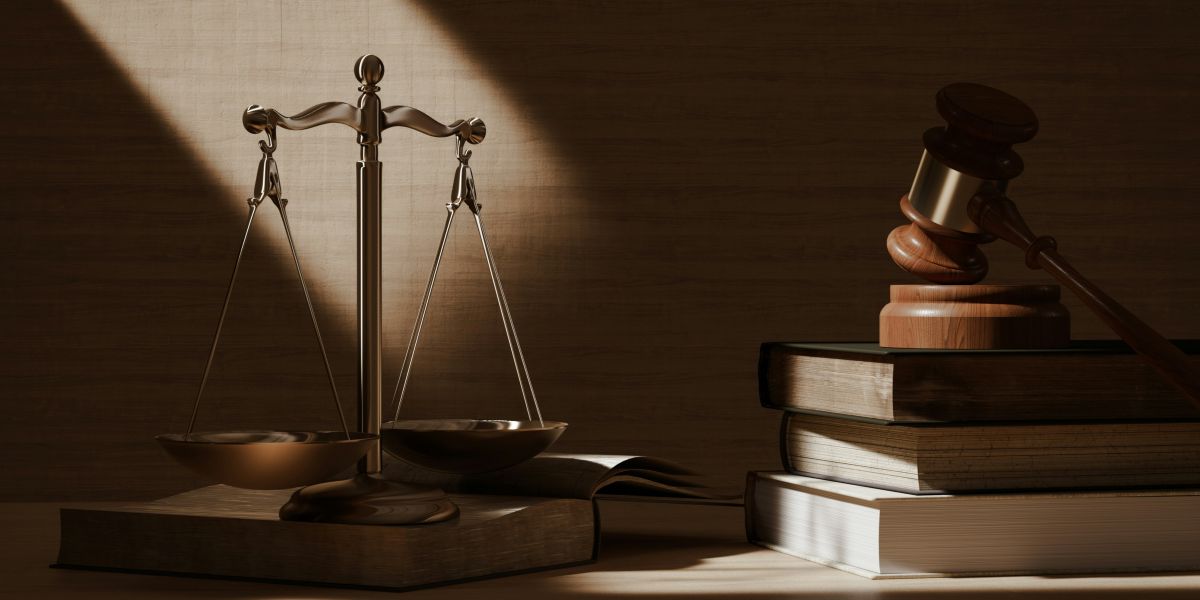The Speaker of the House is one of the most influential figures in the legislative branch, playing a critical role in the functioning of the House of Representatives. The position carries a wide range of responsibilities, from presiding over House sessions to influencing national policy. The Speaker serves not only as a leader of the majority party but also as a key figure in maintaining order and guiding legislative priorities. This article provides a comprehensive look at the duties of the House Speaker, outlining their role in governance, party leadership, legislative decision-making, and more.
Read also: The Emphasis on Improved Trade Policies
Presiding Over House Sessions
Maintaining Order and Decorum
One of the primary responsibilities of the Speaker is to maintain order and decorum during House sessions. The Speaker ensures that proceedings follow established rules and that debates are conducted respectfully. If a member disrupts order, the Speaker has the authority to intervene and restore discipline.
Recognizing Members to Speak
During House debates, the Speaker determines which members are permitted to speak. This power allows the Speaker to influence discussions by selecting who gets the floor, thereby shaping legislative discourse.
Ruling on Points of Order
The Speaker also rules on procedural questions, interpreting the House’s rules when disputes arise. Their decisions help maintain the integrity of legislative proceedings and ensure that House business is conducted efficiently.
Administrative Responsibilities
Managing House Operations
The Speaker oversees the daily operations of the House, ensuring that administrative and procedural functions run smoothly. This includes coordinating legislative schedules, handling official communications, and working with House staff to facilitate efficient governance.
Appointing Committee Leadership
Another critical function of the Speaker is appointing chairs and members to various House committees. Since committees are responsible for reviewing proposed legislation, investigating matters of public concern, and shaping policy, these appointments carry significant weight. Through committee assignments, the Speaker can set legislative priorities and ensure that key bills receive appropriate attention.
Certifying Passed Measures
Once the House passes a bill or resolution, the Speaker officially certifies it before it proceeds to the Senate or the President for approval. This administrative duty ensures that legislative actions are properly documented and forwarded for further consideration.
Political and Party Leadership
Leading the Majority Party
As the leader of the majority party in the House, the Speaker plays a vital role in shaping party strategy. They work closely with party members to develop policy initiatives, coordinate messaging, and advance legislative priorities. The Speaker also acts as a key spokesperson for the party, often delivering public statements on major issues.
Articulating Legislative Agenda
The Speaker has the authority to set the House’s legislative agenda. They determine which bills are brought to the floor for debate and voting, thereby controlling the flow of legislation. This power enables the Speaker to prioritize policies that align with their party’s goals while delaying or blocking legislation that does not.
Liaising with the Senate and President
In addition to managing House affairs, the Speaker collaborates with Senate leaders and the President to advance legislative initiatives. They negotiate compromises, build coalitions, and facilitate discussions to ensure that important bills receive bipartisan support.
Succession and Representation
Presidential Line of Succession
The Speaker is second in line for the presidency, following the Vice President. If the President and Vice President are unable to serve, the Speaker assumes the role of President. This constitutional provision underscores the significance of the Speaker’s position in national governance.
Representing the House
As the official representative of the House, the Speaker takes part in ceremonial functions, international visits, and public engagements. They may also address the nation on critical legislative matters, acting as a voice for the House and its members.
Enforcement of Rules and Discipline
Enforcing House Rules
The Speaker is responsible for ensuring that House rules are followed. They interpret and enforce procedural guidelines, ensuring that legislative processes run smoothly. By doing so, the Speaker helps maintain fairness and order within the chamber.
Disciplinary Actions
If a member of the House engages in disorderly conduct or violates established rules, the Speaker has the authority to take disciplinary action. This may include issuing warnings, revoking speaking privileges, or even ordering a member’s removal from the chamber in extreme cases.
Committee Assignments and Legislative Process
Referring Bills to Committees
Before a bill reaches the House floor for a vote, it is typically referred to a relevant committee for review. The Speaker determines which committees receive specific bills, a decision that can significantly impact a bill’s chances of progressing through the legislative process.
Influencing Legislative Agenda
By controlling committee assignments and scheduling floor votes, the Speaker wields significant influence over the legislative agenda. This allows them to steer discussions toward key policy issues and prioritize legislation that aligns with their party’s objectives.
Voting Responsibilities
Casting Tie-Breaking Votes
While the Speaker typically does not vote on legislation, they may cast a vote in the event of a tie or on particularly significant issues. Their vote can be decisive in passing or blocking legislation, making it an important tool in their role as House leader.
Participating in Debates
Although the Speaker is expected to maintain impartiality during debates, they may choose to participate in discussions as a representative of their congressional district. When doing so, they temporarily relinquish their role as Speaker to another member.
Read also: Stressing the Importance of International Political Partnerships
Security and Protocol
Ensuring Security of the House
The Speaker oversees security arrangements within the House chamber and related areas. They coordinate with law enforcement agencies to ensure the safety of members, staff, and visitors. This responsibility has become increasingly important in recent years due to security threats and disruptions.
Managing Protocol During Sessions
The Speaker is responsible for upholding formal procedures during House sessions. This includes maintaining order, ensuring that official decorum is observed, and handling ceremonial functions, such as administering oaths of office to newly elected members.
The Speaker of the House is a pivotal figure in the U.S. government, holding immense authority over legislative processes, party leadership, and national governance. From presiding over House sessions to shaping policy and representing the House on national and international platforms, the Speaker’s duties are vast and influential. Their role extends beyond the chamber, impacting the political landscape and legislative outcomes in significant ways. By understanding the responsibilities of the Speaker, we gain insight into the inner workings of the House and the broader implications of its leadership on governance and policy-making.








